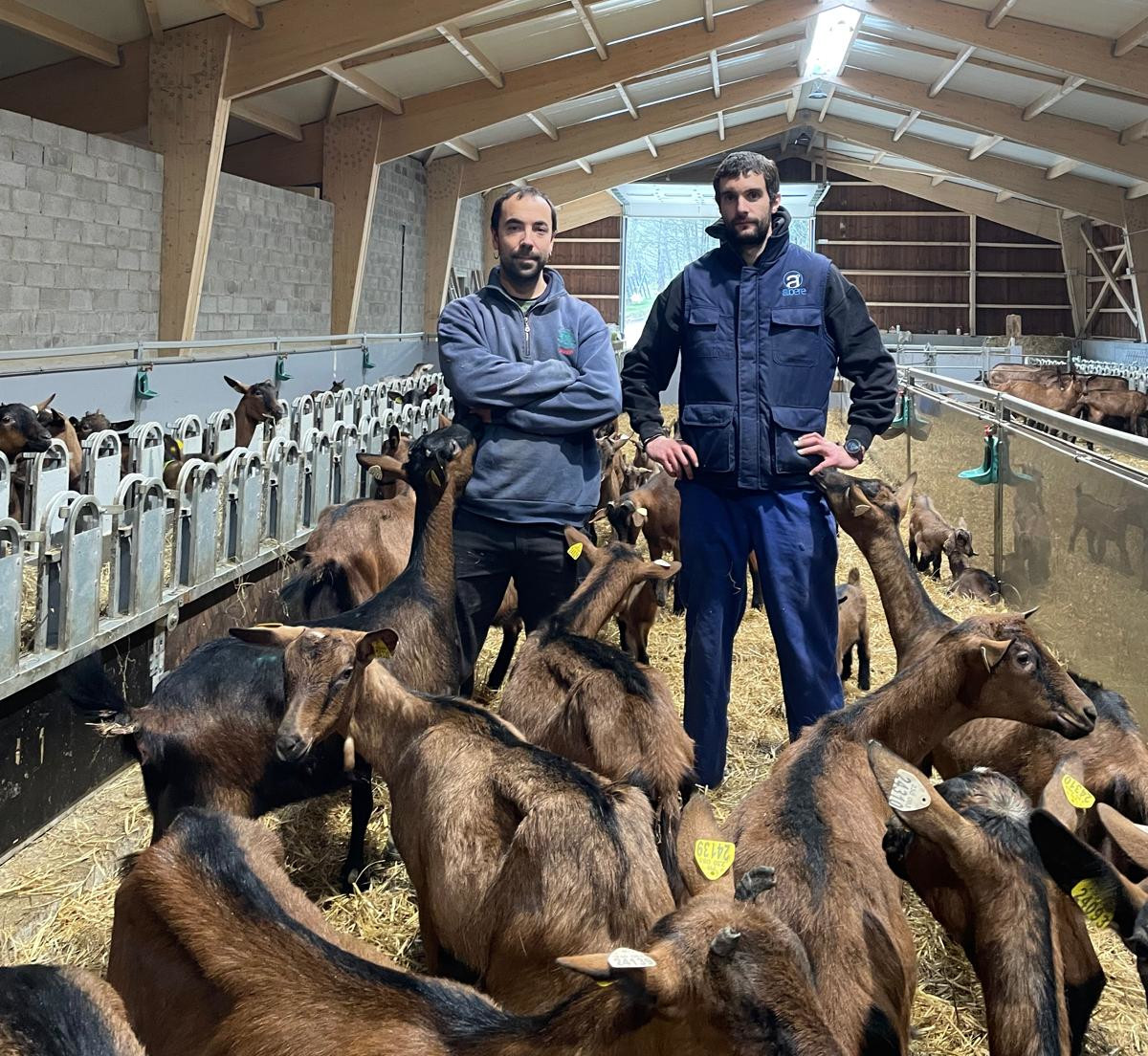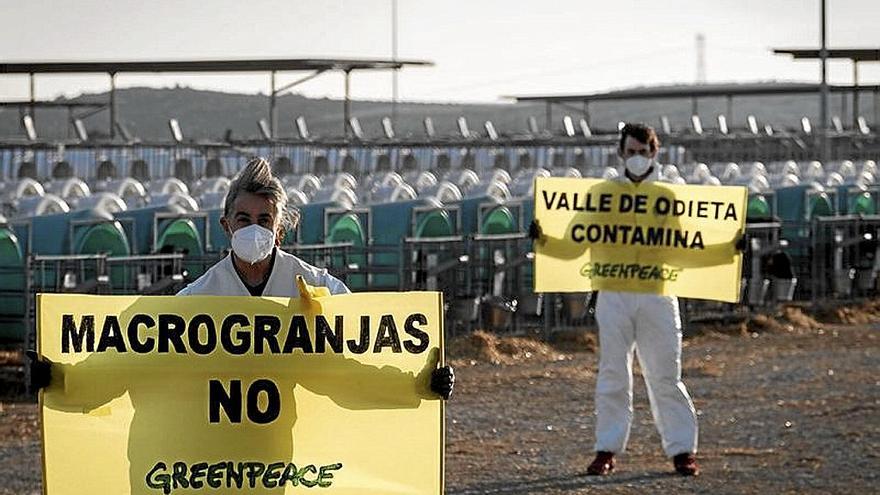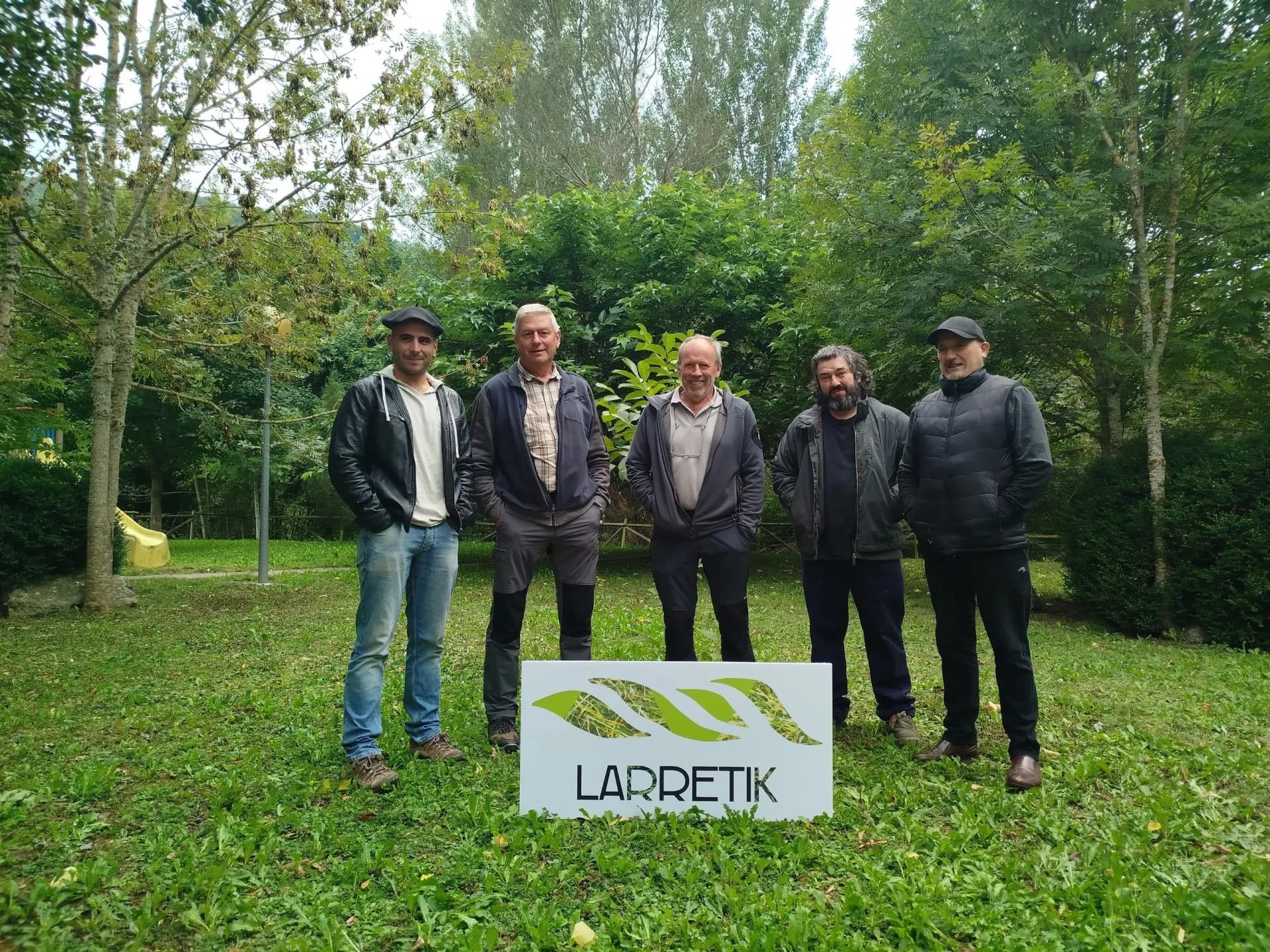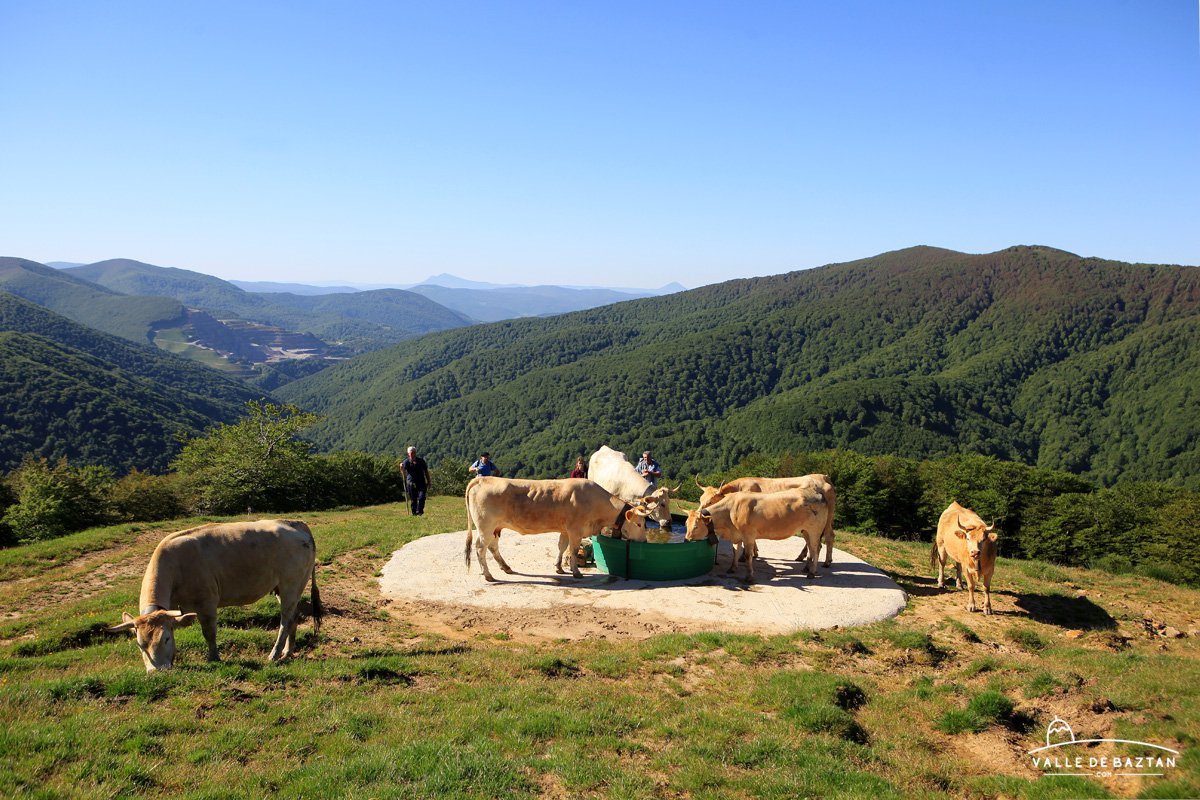Algerian farmers call for an emergency plan for epizootic haemorrhagic disease of cows
- Between 20% and 25% of the Alavese cows have been arched in Ayala. There is no accepted treatment in Europe, and farmers are endangering the future of many farms if institutional measures are not taken.

Epizootic haemorrhagic disease of cows is causing serious damage in Ayala (Álava). The increase in cases has been significant, causing 20% to 25% of cows to be contaminated. However, an Airian farmer clarifies that this does not mean that a quarter of all beef groups have been toned, because in some places there is no case, and in others half of the cows have been toned, as Aiaraldea has gathered.
Symptoms include animal deaths, abortions, mobility problems and loss of reproductive capacity, among others. Transmission is caused by mosquito bites and the cold weather expects to reduce the spread in the coming months.
One Orozko meat producer notes that in the Gorbeia area the situation is not “so serious” due to preventive measures and the “less intensive labour approach”.
No vaccine
However, there are no effective treatments and vaccines against the disease, increasing the concern of Ayala farmers: “We don’t know what will happen to asymptomatic cows. All this is alarming for the future.”
Farmers indicate that some infected animals should be slaughtered: “Moreover, if they lose their reproductive capacity, our production will decrease. On the other hand, if there is no cure, we could be in the same situation in autumn or summer."
Farmers have criticized the absence of recognised vaccines in Europe, as opposed to EE.UU, and have denounced that the institutions have not “given special interest” in vaccine research.
Looking for a solution
Workers call for an emergency plan and more institutional support. Although the Provincial Council of Álava has announced a special grant of EUR 300,000, some farmers consider that this aid will not be sufficient, especially if diagnostic tests such as PCR are not carried out in the region.
They report that the problem of the disease has been added to previous “difficulties”, such as drought and rising prices of inputs, resulting in additional “stress” on them. Many farms are threatened with viability: “Institutions must decide whether or not they want this trade to last.”
Ubidekoak (Bizkaia) dira Imanol Iturriotz eta Aritz Bengoa gazteak. “Lagunak gara txikitatik, eta beti izan dugu buruan abeltzaintza proiektu bat martxan jartzeko ideia”, azaldu du Iturriotzek. Nekazaritzari lotutako ikasketak izan ez arren, baserri munduarekin eta... [+]
Iruñean bizi ziren Iñaki Zoko Lamarka eta Andoni Arizkuren Eseberri gazteak, baina familiaren herriarekin, Otsagabiarekin, lotura estua zuten biek betidanik. “Lehen, asteburuetan eta udan etortzen ginen eta duela urte batzuk bizitzera etorri ginen”, dio... [+]
Livestock workers seek a balance between the optimal quality of life of animals and the economic viability of production. Human beings have placed many physical limitations on the world to protect what is “our”, to protect our animals from external threats: foxes, wolves and... [+]
After a curving road we reached this vast plain. Behind all the shades of green that the fall offers, as a curtain, you saw the white and white Pyrenees. So we discovered Abaurregaina, the highest town in Euskal Herria. Next to the road, we visited the Bilobila project on a... [+]


















